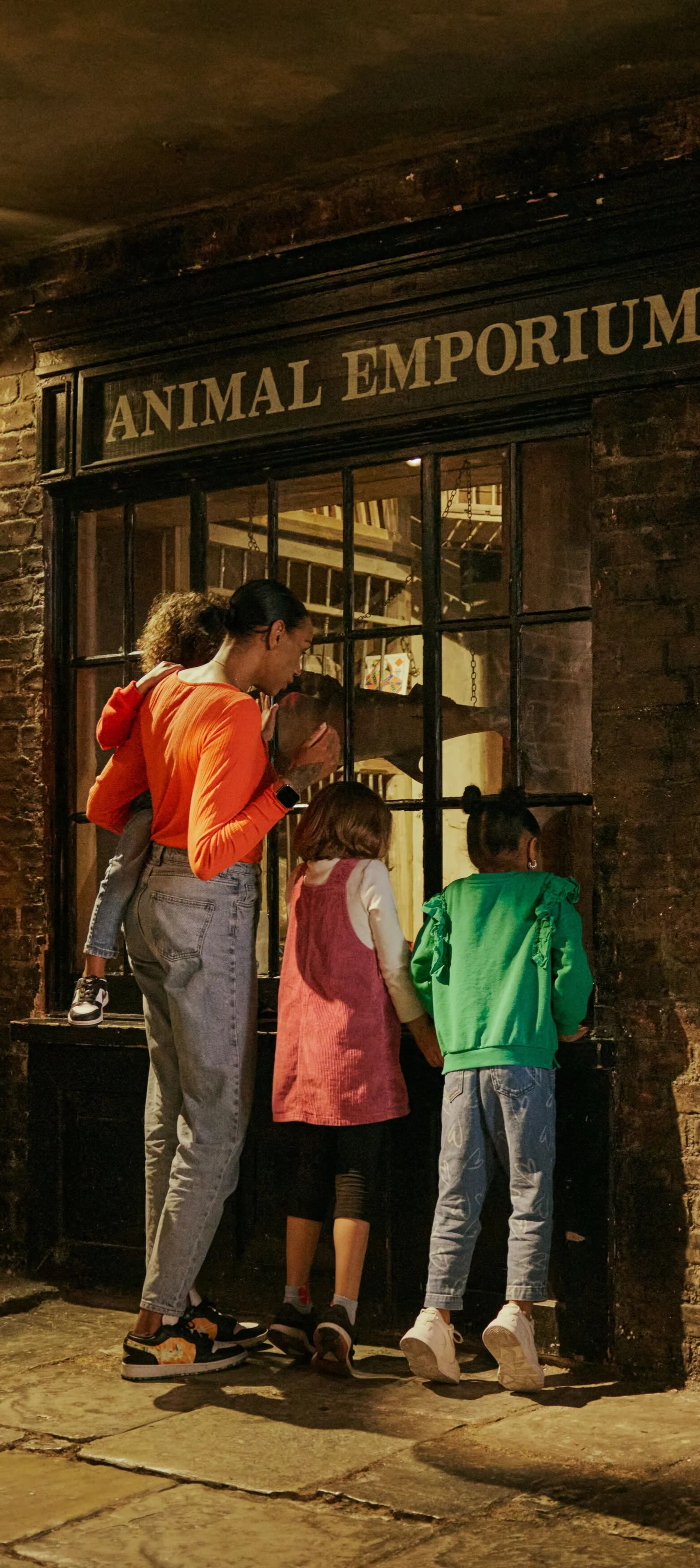Local authority programme
This programme is designed for managers in local authority museums and archives services to give them the knowledge, understanding and skills to plan for improved organisational resilience.
The National Archives has generously committed further funding towards the 2025–2026 programme, which is now under development.
Upcoming events
10am – 12pm (Online)
Trainer: Adam Koszary
What will be covered?
Humanity has changed a lot over the millennia but one thing remains constant: we love a good story.
The only thing that’s changed is the technology available to tell those stories and which enable us to reach a far greater number of people.
Websites, social media and other technologies offer a huge variety of ways of telling stories, but the core of what makes a good story remains unchanged.
This course will cover:
- how we can take advantage of digital tools and platforms to tell stories about our collections, people and organisations
- how effective stories are structured, including case studies from within and outside the cultural sector
- common digital storytelling formats, including websites, articles, social media, VR, AR, podcasts and onsite experiences
- ethical and reputational considerations when choosing and telling stories
Who should attend?
- Anyone involved with digital content (whether it’s in your job description or not)
- Museum and archive professionals responsible for interpretation and public engagement
Museum and Archive staff working in a local authority service, or one supported by the local authority will be given priority booking for this course.
By the end of this course, you will:
- understand how to use your collections, staff and programme to create digital stories
- understand how to plan and structure digital stories using suggested formats and processes
- be aware of what options are available in terms of tools and platforms
- understand the strategic, ethical and reputational considerations
- be confident in taking next steps for creating digital stories
10am – 12.30pm
Trainer: Sarah Wickham, Freelance archives consultant
What will be covered?
Advocacy is key for museums and archives. It helps influence decision makers, highlights your value and supports both daily operations and long-term sustainability. This session will introduce core approaches to define the purpose of advocacy work and plan to carry it out. The session will introduce participants to:
- defining advocacy and your objectives
- building your advocacy strategy – stakeholders, messages
- planning your advocacy work
You will be invited to identify an opportunity for advocacy within your own context and work on developing a message and approach during the session.
The session is suitable for people who wish to learn core concepts and tools or take practical steps towards advocating for their service. The course will be suitable for anyone in the cultural and heritage sectors.
Who should attend?
- museum and archive professionals responsible for managing services
- staff and volunteers with responsibility for service development and advocacy
Museum and archive staff working in a local authority service, or one supported by the local authority, will be given priority booking for this course.
By the end of this course, you will:
- understand what advocacy is
- develop skills to define objectives for advocacy
- develop skills to use effective stakeholder analysis
- understand how to devise an effective message
- understand the basics of planning an advocacy campaign
10am – 12pm
Trainer: Jen Kavanagh
Museum and archive staff are invited to participate in a short training session focused on working with traumatic, sensitive and challenging material in their collections.
This session will provide an overview of what we mean by traumatic and sensitive material, providing case studies from museums and archives currently working with such collections.
Attendees will gain practical knowledge on what to look for, how to engage with this material and how to prepare for dealing with unforeseen traumatic material in the future.
The aim is to equip staff with tips and guidance on how to work this material and how to care for themselves and their colleagues when working with challenging content.
What will be covered?
- an introduction to defining traumatic and sensitive material
- case study examples of this type of material
- step-by-step guidance on working with these collections
- practical tips for working with historic material
- guidance on future proofing for unforeseen collecting
- information on how to support staff with this work
- insight into publications and guides to help with this work
Who should attend?
- museum and archive professionals responsible working with collections, volunteers and communities
- museum and archive professionals with existing collections of challenging material
Museum and archive staff working in a local authority service, or one supported by the local authority will be given priority booking for this course.
Previous programme
PDF: 215.4 KB
Read detailed summaries about the programme, completed in March 2025.
Supported by

National Archives
More programmes
-

Climate Action
Encouraging environmental responsibility through actions and raising awareness
-

Diversity Matters
Identifying and addressing who's under-represented in your audiences
-

Family Friendly
Encouraging museums to develop their offer for children and families
-
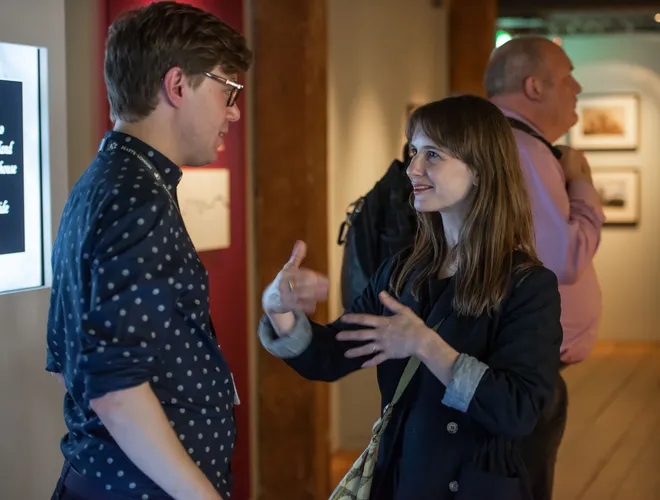
Fund the Future
Helping museums improve their income generation strategies
-
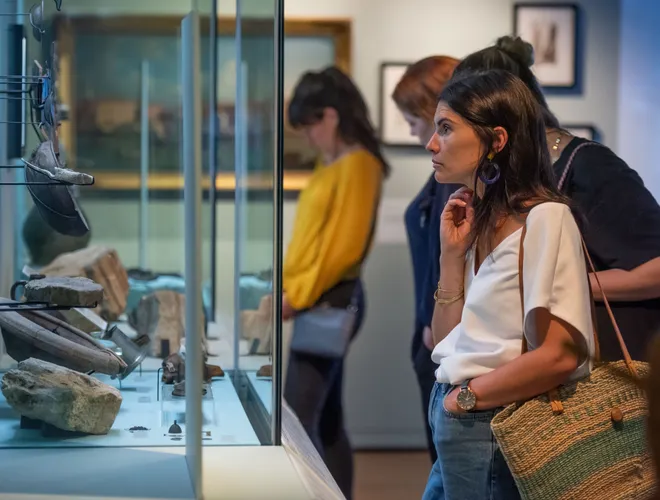
Measuring Up
Measuring exhibition quality with self-assessments, peer reviews and surveys
-

Becoming more Welcoming
Helping museums embrace equality, diversity and inclusion
-
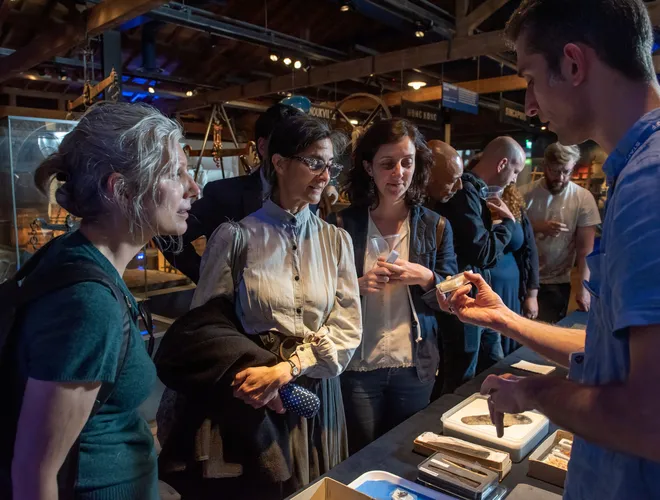
Recharge
Helping museums respond to increasing challenges without any budget increase
-
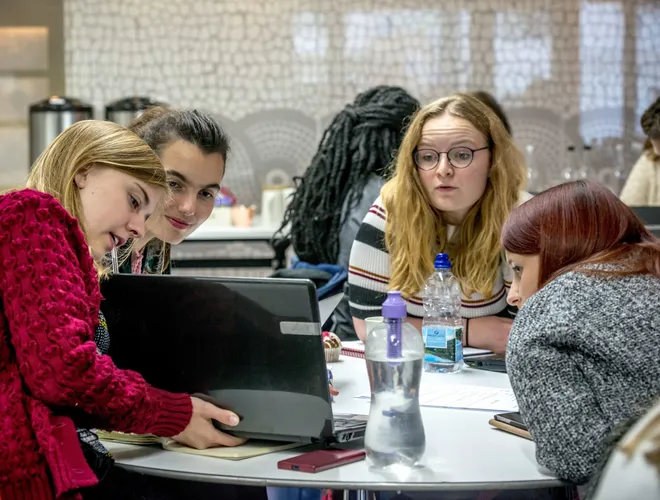
Roots & Branches
Creating an environmentally aware and active sector
-

Victory 80
Supporting museums to commemorate the 80th anniversary of victory in Europe and Japan

